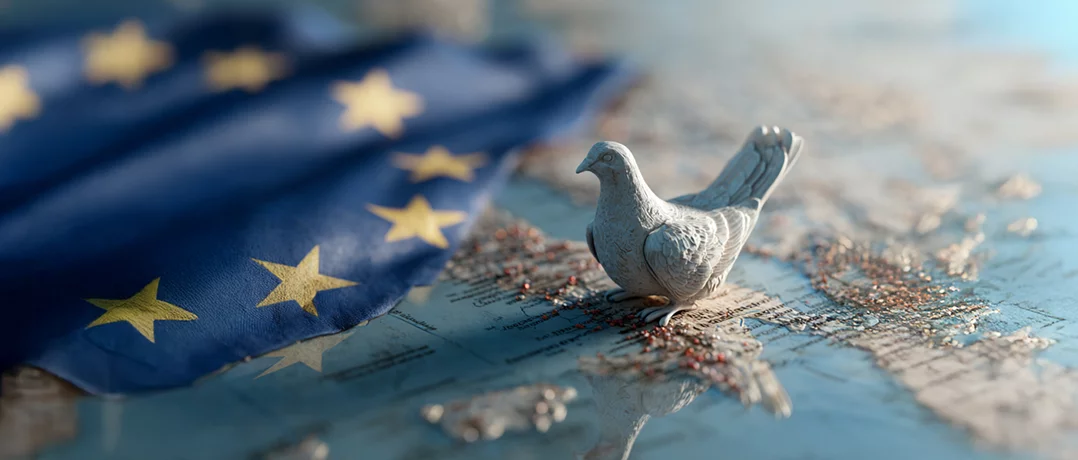EU is pushing to play an active political role in US-led Gaza peace efforts, seeking influence beyond financial aid while navigating resistance from Hamas, Israel, and the US.
EU seeks to be included in the Gaza “Board of Peace”
EU seeks to be included in the Gaza “Board of Peace”


The European Union refuses to be sidelined in US President Donald Trump’s transnational body, dubbed “Board of Peace, outlined in his recent 20-point peace plan.
This ambitious goal was revealed by Kaja Kallas, the High Representative for Foreign Affairs and Security Policy and Vice-President of the European Commission in the EU, which signals a more proactive European approach towards the Israeli Palestinian conflict. On the sidelines of an EU-Gulf Cooperation Council meeting in Kuwait, Kallas made it clear that “Europe should be not only a payer, but we should also be a player”, emphasizing Brussel’s desire for a political role rather than a merely financial one.
EU’s contribution to Palestine
The European Union is the biggest provider of external assistance to the Palestinians. Just 6 months earlier, in April 2025, it unveiled a generous financial aid package of up to 1.6 billion euros ($1.8 billion) to support the Palestinian Authority (PA) and fund projects in all the occupied Palestinian territories (West Bank, East Jerusalem and the Gaza Strip). This partnership and bilateral cooperation is based on the Interim Association Agreement on Trade and Cooperation, signed in 1997 between the European Community and the Palestine Liberation Organisation (PLO), on behalf of the PA.
Additionally, the EU has been a long-standing staunch supporter and advocate of the two-state solution (envisioned in the 1993-1995 Oslo Accords and based on the establishment of an independent and viable Palestinian state along the 1967 borders with East Jerusalem being its capital).
Today’s ambition, therefore, stems from a deep European commitment towards promoting justice, rule of law and a rights-based international order, including in the Middle East and the Israeli Palestinian conflict as well. In this regard, several notable EU member states (such as France, Spain and Ireland) have been spearheading the revival of the two-state solution and putting an end to the Gaza War. They, along with others, have even recognized the State of Palestine during this year’s United Nations General Assembly’s 80th session and have adopted the New Declaration in September 2025.
Barriers facing EU participation
However, EU’s participation faces two significant issues. The first is Hamas’s refusal of any foreign occupation or body to govern the Strip (recalling past European injustice in the Israeli Palestinian conflict). The second is the US and Israeli potential opposition due to diverging perspectives and policies with respect to the aforementioned conflict. While several EU states pushed for a two-state solution and condemned Israeli operations in Gaza and the West Bank, both Washington and Tel Aviv offered their objection towards what they deemed as “a reward for terrorism”. The US also fell short of criticizing Israel’s polices and actions during the Gaza War and have instead been a fierce defender of its ally on the international scene (most prominently through its UN Security Council veto).


